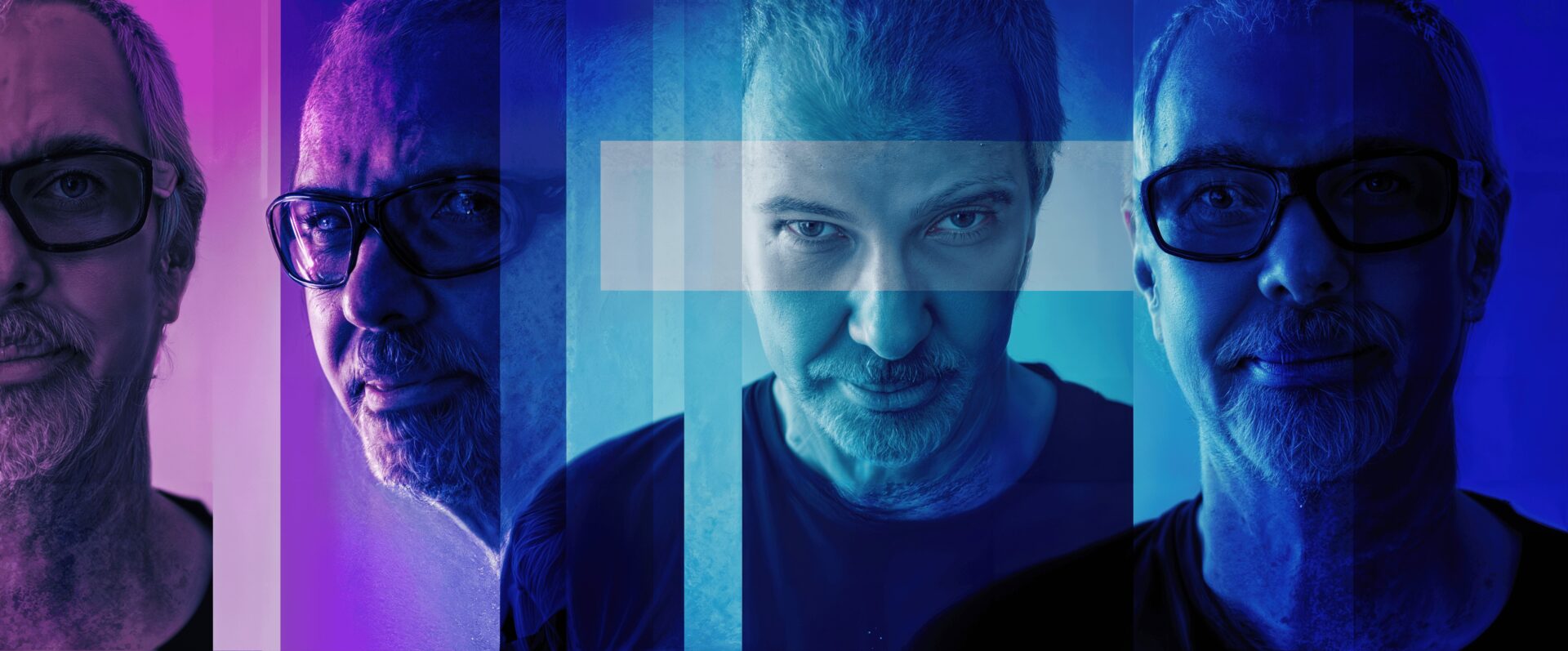We caught up with the brilliant and insightful Steph Ng a few weeks ago and have shared our conversation below.
Steph, we’re so excited for our community to get to know you and learn from your journey and the wisdom you’ve acquired over time. Let’s kick things off with a discussion on self-confidence and self-esteem. How did you develop yours?
In my final year of university at USC, I was selected to lead capstone projects in two different classes, to my surprise. Within a week of each other, I was notified that I was going to be the creative director on a video game about exploring the deep sea, and the project lead of a virtual reality app for product designers.
I’ve never really considered myself a leader until then. Although I’ve always had plans to start a tech company since I was young, I was a lot more focused on learning engineering and design instead of anything to do with management and leadership skills. Being the student lead for two projects, with one having a team of 25, essentially forced me to become a leader overnight. I had to learn on the spot how to recruit people, manage a team effectively, and make decisions quickly. Reflecting back on this experience, there were a lot of things I would have done differently, but I choose to see this as a sign of having gained experience rather than failure.
At first, I thought that I had to constantly justify my position as a leader. What made me, out of all people, qualified to be telling others what to do? Having the title of creative director or student lead helped with my insecurity, as well as having the engineering skills to back me up, but in the end, I had to unlearn the social instinct that told me it was rude to boss people around. I realized that a lot of people actually prefer to be told what to do as long as it makes sense to them, and those who were natural leaders themselves still respect you if you make good decisions. After the year had passed, I found myself a lot more confident when it came to leading people, and I felt qualified to take responsibility for a project. At hackathons, for example, I was comfortable assuming a project manager role and assigning tasks to people I’ve never worked with before.

Great, so let’s take a few minutes and cover your story. What should folks know about you and what you do?
I’ve been building a fashion app called Stylar that’s basically a dress-up game for real life. After uploading a full-body photo of yourself, it lets you try on different outfits virtually, using computer vision and AI to show you how you would look in real products. It gives you a set of ten daily outfit ideas and improves its algorithm as you swipe right and left on them, indicating if you liked or disliked each outfit. You can save outfits to a virtual closet and collect items that stood out to you, and mix and match those items to create new combinations.

There is so much advice out there about all the different skills and qualities folks need to develop in order to succeed in today’s highly competitive environment and often it can feel overwhelming. So, if we had to break it down to just the three that matter most, which three skills or qualities would you focus on?
I think the ability to learn things quickly was the defining skill that helped me in my career. The skill of learning comes from being able to build an accurate mental model of the task at hand and adapting that model to similar tasks, rather than memorizing a set of steps or instructions. It’s the difference between knowing a recipe by heart and memorizing the ingredients. When you learn a recipe, you can adjust it to your taste and substitute items you don’t have. Without that mental model, it would be hard to tell if you could use water instead of chicken stock without ruining the dish, for example.
Closely related is the skill of creative problem solving. The name “problem solving” can be misleading, as it simply means finding a path to your desired goals using whatever method you can. This means being resourceful and scrappy in both the material and theoretical sense, and not being afraid to ask for what you want.
Finally, I found the skill of making and maintaining connections to be crucial for finding new opportunities that may only be passed through word of mouth. It’s as simple as consistently showing up to a community and being curious about everyone else in it. Once you have a strong network of friends and colleagues, taking it a step further would be trying to provide value to other people by connecting them to each other. A few months ago, I started hosting “Prototype Parties” where I invited all the builders and makers I knew to get together and show off their work-in-progress projects, and it was an immensely satisfying experience to see two people who have never met before share a connection and relate to each other.

Awesome, really appreciate you opening up with us today and before we close maybe you can share a book recommendation with us. Has there been a book that’s been impactful in your growth and development?
Difficult Conversations, a book written by the Harvard Negotiation Project, immediately comes to mind as one of the most important books I’ve read. It provides a realistic framework for how to successfully go through a difficult conversation with someone, for example firing a team member or telling a partner you don’t think they love you. Reading the book and internalizing its strategies has made it ten times easier for me to be more confrontational both in my daily life and work environments.
Contact Info:
- Website: https://steph.ng/
- Linkedin: https://www.linkedin.com/in/yam-ng/
- Twitter: https://x.com/glowcone


so if you or someone you know deserves recognition please let us know here.




